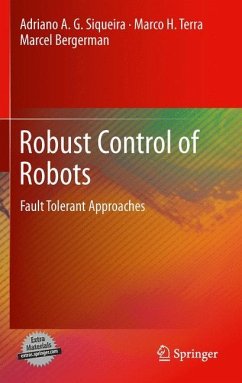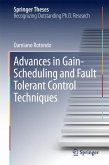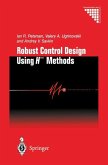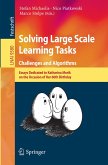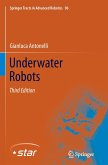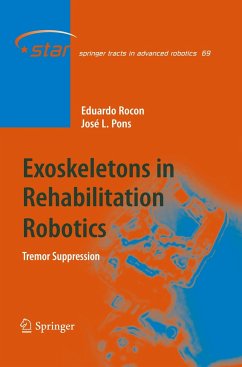Robust Control of Robots bridges the gap between robust control theory and applications, with a special focus on robotic manipulators. It is divided into three parts:
robust control of regular, fully-actuated robotic manipulators;robust post-failure control of robotic manipulators; androbust control of cooperative robotic manipulators.
In each chapter the mathematical concepts are illustrated with experimental results obtained with a two-manipulator system. They are presented in enough detail to allow readers to implement the concepts in their own systems, or in Control Environment for Robots, a MATLAB®-based simulation program freely available from the authors.
The target audience for Robust Control of Robots includes researchers, practicing engineers, and graduate students interested in implementing robust and fault tolerant control methodologies to robotic manipulators.
robust control of regular, fully-actuated robotic manipulators;robust post-failure control of robotic manipulators; androbust control of cooperative robotic manipulators.
In each chapter the mathematical concepts are illustrated with experimental results obtained with a two-manipulator system. They are presented in enough detail to allow readers to implement the concepts in their own systems, or in Control Environment for Robots, a MATLAB®-based simulation program freely available from the authors.
The target audience for Robust Control of Robots includes researchers, practicing engineers, and graduate students interested in implementing robust and fault tolerant control methodologies to robotic manipulators.
From the reviews:
"The main topic is robust control theory and applications, with a special focus on robotic manipulators. ... the intended audience for it consists of graduate and PhD students in robotics, mechatronics, control, electrical and mechanical engineering. The book may serve as a tool for students, scientists and engineers from academia and industry experienced in these attractive areas. It can be also a source for courses, which can be part of the academic programme of Electrical, Mechanical, and Computer Science Departments." (Clementina Mladenova, Zentralblatt MATH, Vol. 1244, 2012)
"The main topic is robust control theory and applications, with a special focus on robotic manipulators. ... the intended audience for it consists of graduate and PhD students in robotics, mechatronics, control, electrical and mechanical engineering. The book may serve as a tool for students, scientists and engineers from academia and industry experienced in these attractive areas. It can be also a source for courses, which can be part of the academic programme of Electrical, Mechanical, and Computer Science Departments." (Clementina Mladenova, Zentralblatt MATH, Vol. 1244, 2012)

